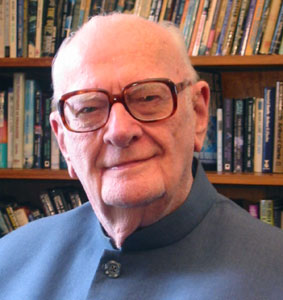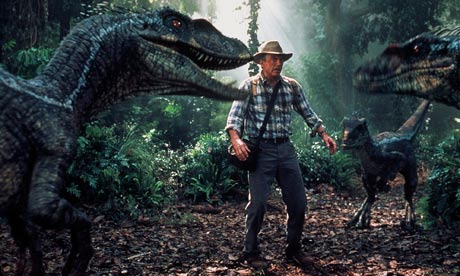Science-fiction writers make lots of predictions when they set their stories in the future. I love that we live in a time that is "the future" for a lot of great science-fiction, because we can see whether their predictions came true. The really mind-blowing part is that some of them DID!


I chose Ray Bradbury's imagery of "seashells" in Guy Montag's wife's ears because it took me forever to realize that they were something that existed when I was reading the book. My GameBoy came with the best pair of earbuds I've ever owned (hey Apple, take a page out of Nintendo's book on that one, they were seriously amazing... oh wait, I mean ARE because they still work great two decades later) and I didn't notice at first that that was exactly what Ray Bradbury was talking about when he wrote, "And in her ears the little Seashells, the thimble radios tamped tight, and an electronic ocean of sound." More importantly, he nailed the fact that having earbuds delivering your electronic audio media of choice whenever you want would make people... distant. Montag's wife is so absorbed by digital media (her Seashells or the wall screens she nags him about) that she's hardly even aware of her own husband's existence. Today, some people are so absorbed by whatever's on their phones or iPods or what-have-you, they don't notice the world around them. This was actually a pretty big theme of Bradbury's (he wasn't a huge fan of technology).
Mine actually came from our book this week, 2001: A Space Odyssey. Clark talks about a electronic pad that has all the world news at just a drop of a hat, any newspaper you could possible want in an instant, eliminating the need for paper any longer. Sound familiar?
I would wager that just about all you readers own one of these. And what do you do with it? Oh yea, you browse the internet where you have all the world's news articles at the touch of a button without wasting paper. It's amazing how accurately Clark predicted we would be getting our information, considering he wrote the book in the 1960s.
"One by one he would conjure up the world's major electronic papers... Switching to the display unit's short-term memory, he would hold the front page while he quickly searched the headlines and noted the items that interested him."
"One by one he would conjure up the world's major electronic papers... Switching to the display unit's short-term memory, he would hold the front page while he quickly searched the headlines and noted the items that interested him."




















